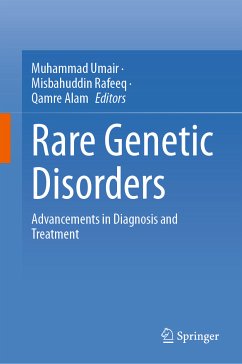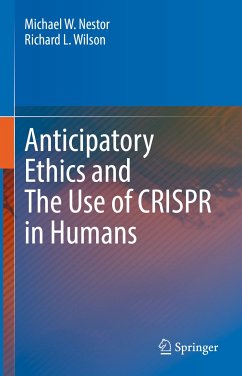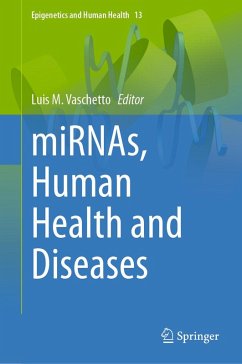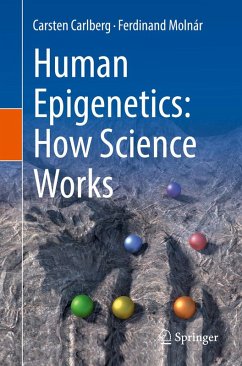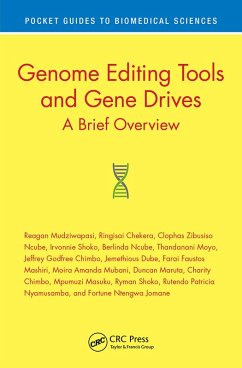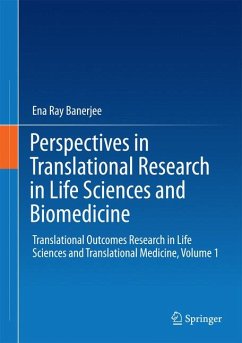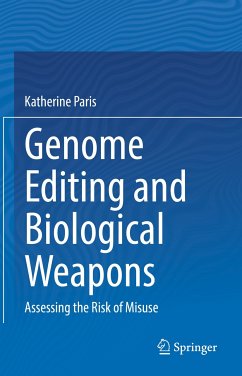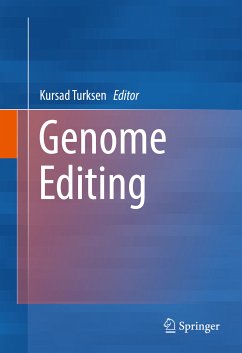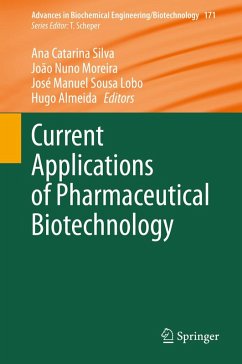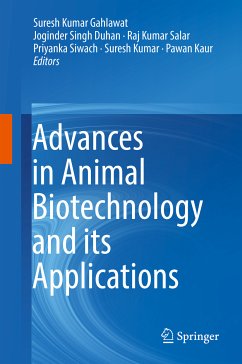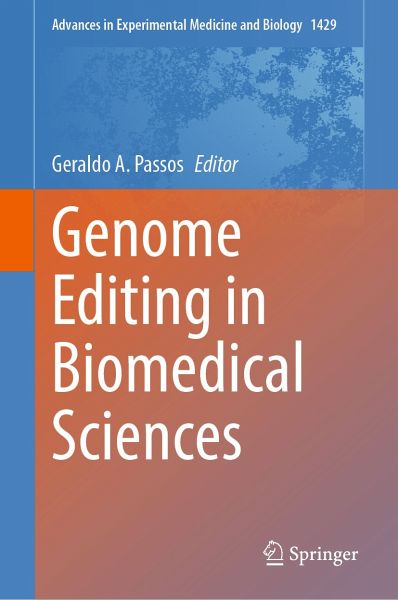
Genome Editing in Biomedical Sciences (eBook, PDF)
Versandkostenfrei!
Sofort per Download lieferbar
160,95 €
inkl. MwSt.
Weitere Ausgaben:

PAYBACK Punkte
80 °P sammeln!
This volume focuses on applying the Crispr system in editing the genome of human cells (in vitro and in vivo) and model organisms used in biomedical research. With the advent of Crispr technology, genome editing soon became a procedure of great interest to laboratories worldwide due to its relative ease and accuracy. In biomedical sciences, genome editing by Crispr has already enabled the development of new experimental model systems. In medicine, therapeutic alternatives for the genetic "correction" of diseases have already begun to appear. Therefore, the book's purpose is to bring in a singl...
This volume focuses on applying the Crispr system in editing the genome of human cells (in vitro and in vivo) and model organisms used in biomedical research. With the advent of Crispr technology, genome editing soon became a procedure of great interest to laboratories worldwide due to its relative ease and accuracy. In biomedical sciences, genome editing by Crispr has already enabled the development of new experimental model systems. In medicine, therapeutic alternatives for the genetic "correction" of diseases have already begun to appear. Therefore, the book's purpose is to bring in a single volume, chapters that show the scientific community in biomedicine, medicine, human genetics, oncology, virology, and parasitology, among others, the advances in genomic editing. In a chapter dedicated to the ethical aspects of human genomic editing, we also address what we can and should do with this (bio)technology. The book chapters were written by productive researchers specializing in Crispr genome editing. The chapters cover the concept of Crispr and genome editing and how to use this new methodology in biomedical research and medicine, among other aspects, including the ethical controversy around its use in humans. The writing of the chapters keeps a specialized language intelligible enough for those who want to introduce themselves to the subject.
Dieser Download kann aus rechtlichen Gründen nur mit Rechnungsadresse in A, B, BG, CY, CZ, D, DK, EW, E, FIN, F, GR, HR, H, IRL, I, LT, L, LR, M, NL, PL, P, R, S, SLO, SK ausgeliefert werden.



